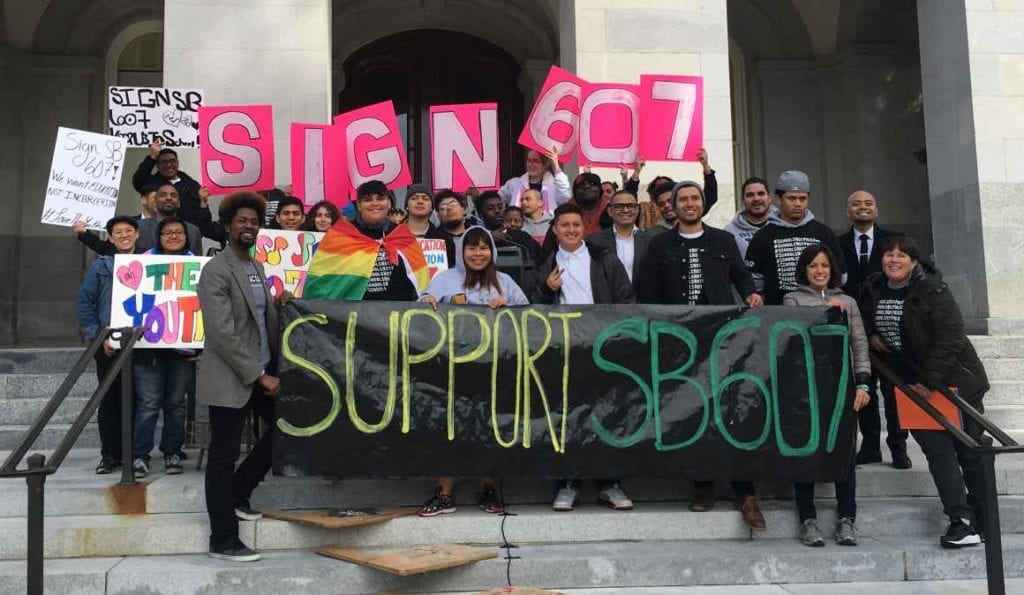Imagine this scenario: A student speaks out of turn in class and is immediately referred to the principal’s office then suspended from school for three days. This is the harsh reality of a catch-all school disciplinary code commonly known as “willful defiance” that causes California students to lose an estimated 250,000 days of instruction each year.
All students have the right to a quality education regardless of who they are and what they look like. However, the overuse of the willful defiance punishment for minor misbehavior puts too many students on the path to failure, mostly students of color and students with disabilities. We know that suspending students for nonviolent incidents forces them to miss critical classroom time, causing many to fall behind and prompting some to drop out altogether.
A bill introduced by state Sen. Nancy Skinner, called the Keep Kids in School Act (SB 607), can help solve this problem. The bill will prohibit the use of suspension and expulsion as punishment for minor misbehavior problems covered under California’s disruption or willful defiance category (Education Code 48900 (k)) for K-12 students. This category includes misconduct such as dancing, talking back, not turning in assignments, not paying attention in class and dress code violations.
None of these nonviolent behaviors warrant suspension or expulsion from school. Yet, such behaviors do disproportionately result in willful defiance suspensions and expulsions for students of color and students with disabilities. In fact, a 2017 study by the Civil Rights Project at UCLA revealed that African American students “lost approximately 43 days of instruction per 100 enrolled, compared to 11 days lost per 100 White students.” This means black students lost more than a month’s worth of school days than white students.
For years, advocates have been fighting to end this kind of discriminatory disciplinary practice in favor of alternative approaches. For example, a restorative justice approach can help school administrators to address the root of minor behavioral problems and build trust and compassion between students and educators.
There is some progress. This year, Gov. Brown included a provision in the state budget that indefinitely banned willful defiance and disruption suspensions for K-3 students. This change brings us a step closer to the full ban that SB 607 can deliver. And without a doubt, passing this legislation is critical to the effort to break the “school-to-prison” pipeline.
Several large school districts, including Los Angeles Unified, San Francisco Unified and Oakland Unified, have already banned willful defiance suspensions and expulsions and are working with parents to establish positive disciplinary practices.
It’s is time to call upon our state lawmakers to follow the example set by these districts. By passing SB 607, California will take a great leap forward in providing all students with a more just, equitable and fulfilling learning experience.
For more information about willful defiance suspensions, click here: San Diego and Imperial Counties.
Chloe Triplett is a policy advocate with the ACLU of San Diego and Imperial Counties







